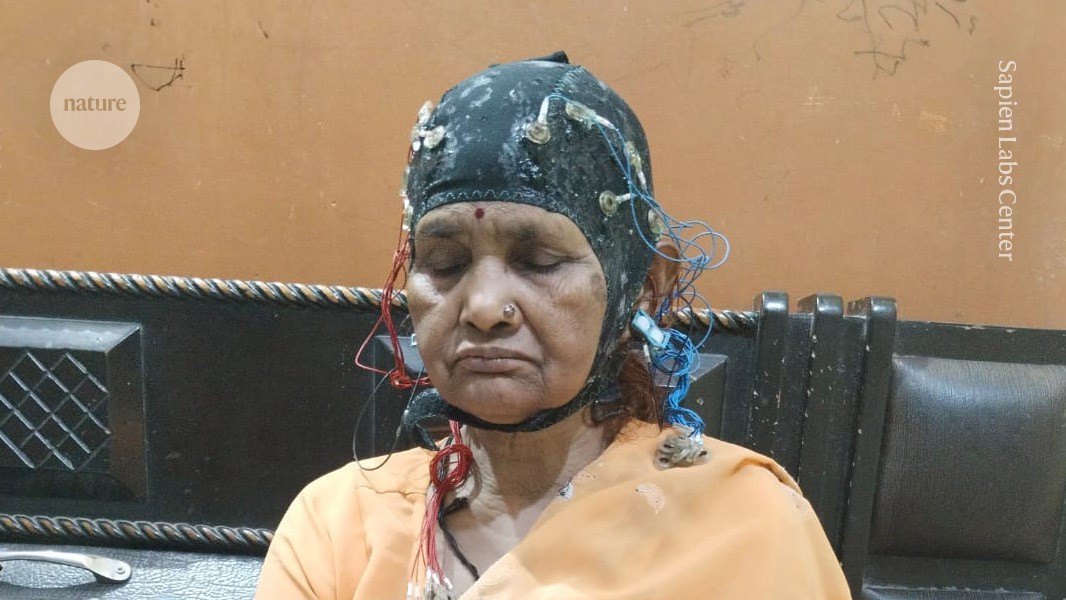#brain-research
#brain-research
[ follow ]
fromFuturism
6 months agoNew Study Flips Everything We Know About Addiction Upside Down
Researchers investigating brain structures found that adolescents who eventually used drugs exhibited larger brain sizes prior to any substance use, indicating innate differences rather than direct causation from drug use.
US politics
fromFuturism
9 months agoScientists Scanned the Brains of Authoritarians and Found Something Weird
Participants who held authoritarian beliefs exhibited significant brain differences compared to their more centrist peers, particularly in areas linked to social reasoning and emotional regulation.
Right-wing politics
fromPsychology Today
9 months agoHow One Bad Bite Can Ruin a Food Forever
To see how deep this connection runs, this team decided to test it out using Kool-Aid. The study introduced a group of mice to Grape Kool-Aid, a novel flavor to them. Half of the mice were then injected with lithium chloride, a chemical that induces nausea.
SF food
[ Load more ]


